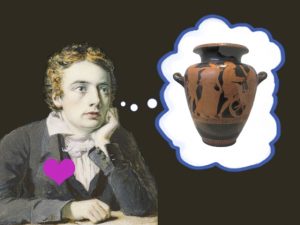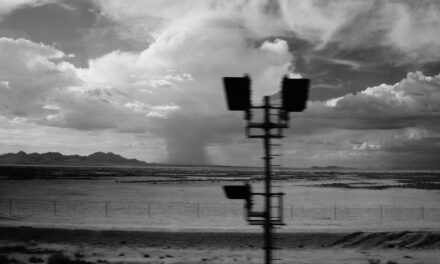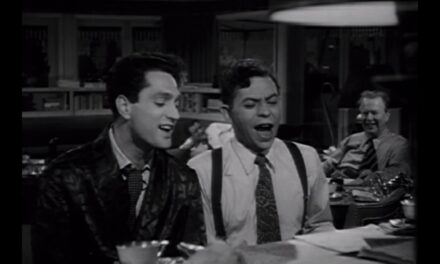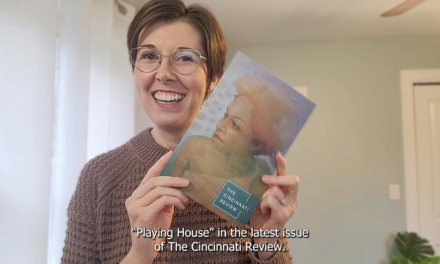 Since before Keats got excited about a Grecian urn, poets have been reworking, reimagining, and revolutionizing the classics. One of our issue 13.1 contributors went all the way to Greece to follow in the steps of Odysseus, and found in the modern streets full of shops the tempting decadence, and ultimately empty promise, of material possessions. Though it is not named in the poem, we feel the influence of The Odyssey in the journey of the writer and the objects for sale from all around the world.
Since before Keats got excited about a Grecian urn, poets have been reworking, reimagining, and revolutionizing the classics. One of our issue 13.1 contributors went all the way to Greece to follow in the steps of Odysseus, and found in the modern streets full of shops the tempting decadence, and ultimately empty promise, of material possessions. Though it is not named in the poem, we feel the influence of The Odyssey in the journey of the writer and the objects for sale from all around the world.
Another contributor found the classics much closer to home—inspired by classic rock as she takes a jog—and ponders in her poem how art and context affect one another in a constant feedback loop. Thoughts of Tom Petty songs combine with “hard lines Doric/ at the mouth” to remind us that, like the classics, we are always aging, and, if we are lucky, always changing.
Barbara Hamby on “A Farewell to Shopping”: In Summer 2013 I received a grant from Florida State to follow The Odyssey from Troy to Ithaka. I reread Robert Fagles’s translation just before leaving, and I was using Tim Severin’s book The Ulysses Voyage to plan my trip. Severin built a Bronze Age ship and tried to replicate Odysseus’s voyage. One of Odysseus’s first stops after leaving Troy was pillaging a coastal town. I was in Heraklion, Crete, on my way to the spot where Severin thinks Polyphemus’s cave might have been if the story was based on fact, though it was probably highly fictionalized. In Heraklion I was walking down a street filled with the international shops you see everywhere, and the whole street seemed so tawdry. I thought, “I’m finished with shopping.” I suddenly thought of Odysseus’s pillaging as a shopping stop. The poem started percolating during lunch and I had a draft by the time we arrived in Sougia, where I did find Polyphemus’s cave. And I still go shopping from time to time.
Laura Kolbe: “Classic Rock” started when I took a run on Maine’s first warm day last year. House after house, men and women were putting to rights their porches, lawns, and driveways, while stereos and boom-boxes piped classic rock over their efforts. When I ran past “Purple Haze,” I had to stop and laugh—it seemed so incredible that a sound once deemed revolutionary, even socially dangerous, was now helping retirees maintain their equanimity while dredging gutters. Things often achieve “classic” status for their forceful, violent beauty, but once canonized, they are as rapidly, even comically, domesticated. The poem says this—and more, and better, I hope.










